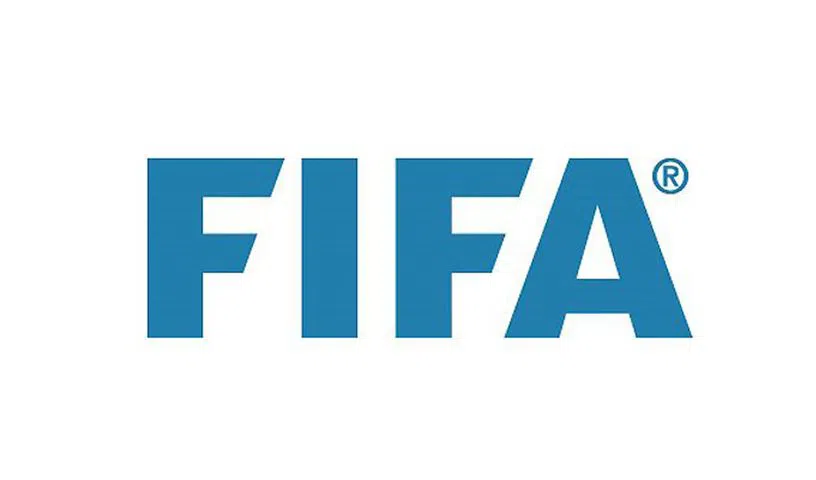
On October 4, the European Court of Justice ruled in the Diarra case that certain FIFA transfer regulations violate EU laws on competition and the free movement of labor.
Zurich: After a landmark court decision for the soccer transfer market, FIFA said on Monday it will now invite “key stakeholders” worldwide for talks about updating rules put in question by former France international Lassana Diarra.
The European Court of Justice ruled in the Diarra case on Oct. 4 in Luxembourg that some parts of FIFA’s transfer regulations did not comply with its laws on competition and freedom of movement for labor.
While some analysts speculate that the entire global transfer market, worth more than USD 10 billion each year, could be upended, FIFA believes its consultations can focus more narrowly on player-club disputes where contracts are allegedly broken without just cause.
The FIFA talks should include the global players’ union FIFPRO, plus representatives from clubs, leagues and national soccer federations.
“Together with them, FIFA will determine what conclusions must be drawn from the Diarra decision, and which changes are most appropriate and suitable to make to article 17 of the (transfer regulations),” the governing body’s chief legal officer Emilio García said in a statement.
Diarra, a former Real Madrid, Arsenal and Chelsea player, signed a four-year contract with Lokomotiv Moscow in 2013. The deal was terminated a year later after he was unhappy with alleged pay cuts.
FIFA and then the Court of Arbitration for Sport found the Russian club terminated the contract “with just cause” and ordered the player to pay 10.5 million euros (USD 11.2 million). Diarra argued his search for a new club was affected by FIFA rules, making his next employer jointly responsible for paying compensation to Lokomotiv.
“The Diarra decision confirms the sanctity of contracts. Nobody, neither a club nor a player, can simply walk away from a valid contract,” García said. “Consequently, if players wish to be released from a contract, there will be financial consequences.” The FIFA-led talks will open while the Diarra case now goes back to a local court in Belgium, where a final ruling could take years rather than months.







